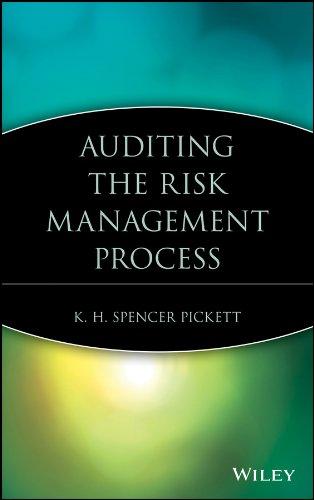Answered step by step
Verified Expert Solution
Question
1 Approved Answer
Following the instructions in the textbook on pp. 1-26 through 1-28, download for the most recent year Amazons Form 10-K from the EDGAR website HTML
Following the instructions in the textbook on pp. 1-26 through 1-28, download for the most recent year
- Amazons Form 10-K from the EDGAR website
- HTML and XLSX versions
- Alphabets Form 10-K from the EDGAR website
- HTML and XLSX versions
For each company, do the following:
- Locate the Balance Sheet, Income Statement, Equity Statement, and Cash Flow Statement
- Note differences in terminology used for titles and key account totals
- Note dates and time periods covered
- Identify the name of the audit firm
- Note the type of Audit Opinion
- Prepare a DuPont analysis with Leverage
- Comment on their strategy
- Compare the A/R TO and A/P TO
- What implications for cash flows do you observe?
- Identify the major sources of cash
- Inflows
- Outflows
- Calculate the Total Debt to Total Assets ratio
- Calculate ROE
- Compare to ROA
- Does the organization have positive or negative leverage?
- Compare to ROA
- Determine the Net Book Value from the financial statements.
- Search the web for the current Market price per common share, and total market capitalization
- Compute (or search for) the Market to Book ratio.
- Explain why it does not = 1.0.
- From the financial statements
- Determine the number of preferred stock shares authorized, issued, and outstanding.
- Determine the par value of the common stock. Compare it to the Additional Paid in Capital.
- Why might a company adopt such a par value?
- Does the company have any Treasury Stock?
- If so, is the value positive or negative? Why?
- Should the company ever pay out dividends? Why, or why not?
- How much profit has the company retained in the business, after paying out all dividends?
- From the Balance Sheet, identify any items classified as Unearned Revenue
- What might they represent?
- From the Balance Sheet, identify the amount of Accounts Receivable
- Identify the amount of the allowance for uncollectible accounts.
- What percentage of Accounts Receivable do they expect to collect? Is that good or bad?
- From the Balance Sheet, identify any amounts of deferred revenue.
- What might they represent?
- When will they be recognized as earned revenue?
- Identify whether they have any intangible assets on its Balance Sheet.
- What might they represent?
- Is their useful life limited, or unlimited?
- Compute Working Capital, and the Current Ratio.
- Does the liquidity appear high, or lean?
- Using Excel, perform a Vertical (common size) Analysis on the Income Statement, and Balance Sheet.
- Describe any notable proportions identified and indicate why they caught your attention
- Compute the Interest Coverage Ratio
- Does it look too high, too low, or somewhat reasonable? Why?
- Compute the Current Ratio and Acid Test (Quick Ratio)
- Do the amounts indicate thin liquidity or aggressive cash management?
- Perform a Horizontal Analysis of the Income Statements for the years available
- Is GP Growing or shrinking over time?
- Observe the relationships between GP, A/R, Inventory, and A/P.
- Are they growing in consistent directions? Why or why not?
- Examine the Income Statements for the Allowance for Uncollectible Accounts.
- Evaluate the reasonableness of the amounts in comparison to Accounts Receivable
- What might be done to improve collectability of the accounts?
- Examine the Cash Flow Statement for Foreign Currency Effects on Cash and Cash Equivalents
- How significant is the amount compared to Cash and Cash Equivalents on the Balance Sheet?
- Examine the Income Statement.
- How much is Basic Earnings per share?
- How much is Diluted Earnings per Share?
- Examine the Cash Flow Statement
- How much is Cash from Operations?
- How much is Cash from Investing?
- How much is Cash from Financing?
- Does the Ending cash balance match the Cash on the balance sheet?
- Where does the cash mostly come from?
- Where does the cash mostly go to?
- What is the ratio of Cash from Operations to Net Income?
- Is it good or bad?
- What are two major Capital Expenditures?
- What is the ratio of Cash from Operations to the sum of the two major Capital Expenditures?
- Is it good or bad?
- Describe your overall impressions and conclusions
- Would you favor investing in either company? Why?
Step by Step Solution
There are 3 Steps involved in it
Step: 1

Get Instant Access to Expert-Tailored Solutions
See step-by-step solutions with expert insights and AI powered tools for academic success
Step: 2

Step: 3

Ace Your Homework with AI
Get the answers you need in no time with our AI-driven, step-by-step assistance
Get Started


